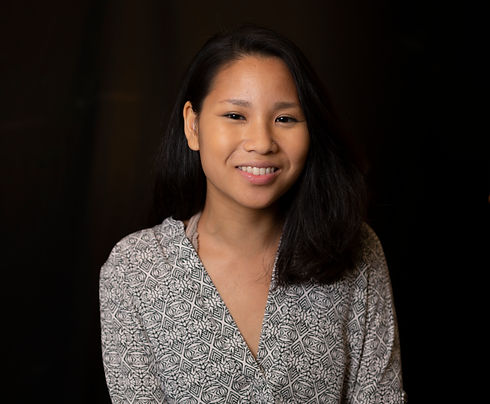Austin partakes in global Women’s March following inauguration protests
- Lisa Dreher

- Jan 21, 2017
- 3 min read
Update: The final estimated attendance is over 50,000, according to the Austin Women's March Facebook page.

Original story: Austin’s streets were crowded again Saturday as tens of thousands joined the global Women’s March movement the day after inauguration protests swarmed the city.
At noon, more than 40,000 marchers, according to APD, converged on the State Capitol’s south lawn to promote reproductive rights, safety from harassment and equality in the economy among other priorities.
The election of President Donald Trump prompted the main Women’s March on Washington at the Capitol, with 500,000 marching and inspiring 616 sister cities to demonstrate, according to the Washington Post.
“This is the beginning, not the end of standing up to this administration,” U.S. Rep. Lloyd Doggett, D-Texas, said at a 2 p.m. rally at the Capitol. “With the leadership of women joined by their male allies … we need to march (and) we need to rally every single day.”
According to its website, the Women’s March movement supports marginalized groups besides women, including people of color, immigrants, the disabled and LGBT people.
Doggett denounced the new administration and Texas Senate Bill 6, which requires transgender individuals to use the bathroom reflected on their birth certificate in public schools and government buildings.
Some marchers were stuck behind the Capitol’s gates because so many people were trying to exit. Maracas, a cowbell and a bass drum resounded a rhythm propelling participants forward, and signs saying “Hear our voice” and “Come and take it” with a drawing of a uterus were among the crowd.
Marchers wore hot pink hats with ears, called “pussy hats,” created for the Women’s March as symbols of solidarity for women.
UT alumna Meagan Moore was wearing a pussy hat and said Trump’s “grab them by the pussy” comment hit close to home because she knows people who have been sexually assaulted.
“What was more infuriating (was) the response to (Trump’s comment) like ‘oh that’s just locker room talk,’” Moore said. “My mom and all three of her sisters have been sexually assaulted, and I have multiple friends that have been sexually assaulted, so it’s very real to me.”
Radio-television-film senior Jackie Hernandez said she represented fellow Mexican-American women and also wore a “gay ok” shirt to support the LGBT community. Hernandez said her parents were immigrants as well.
“I wanted to support as many different causes as I could,” Hernandez said.
Paula Buls, the first openly transgender UT graduate from the School of Social Work, was topless because she wanted to bring attention to the transgender community.
“I think (being topless is) just part of visibility,” Buls said. “The issues like Senate Bill 6, potentially forcing us to use restrooms with men, (is why) I want visibility for trans women.”
Planned Parenthood was almost removed from Texas’ Medicaid program Saturday by state legislators but now has till Feb. 21 to be heard in court again. Plan II History junior Grace Gilker volunteered for Planned Parenthood in high school and said the health provider is irreplaceable.
“The relief that Planned Parenthood provides for people, not just in terms of health care, but in terms of family planning and their price point, it’s really just providing a service that, at least in Texas, the government isn’t taking care of,” Gilker said.
The Women’s March Global is the international equivalent which shares the overall campaign’s slogan “Women’s rights are Human Rights,” according to its website.
Public relations sophomore Kate Sanchez said the support from all walks of life to resist Trump’s policies in her own country is inspiring.
“Seeing little 8-year-olds saying ‘if Trump builds a wall, we’ll tear it down’ … filled me with hope, with overwhelming hope,” Sanchez said.













Comments